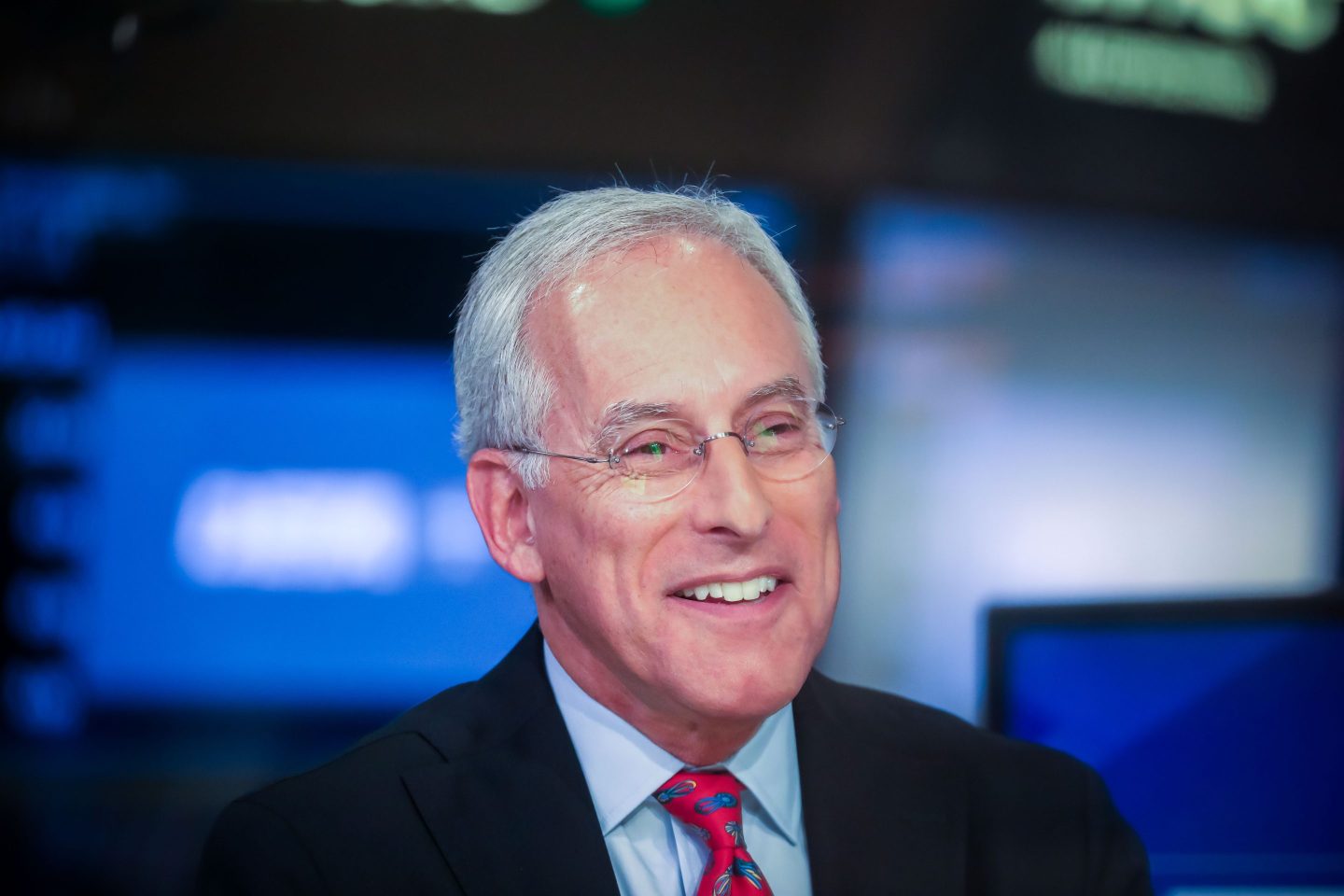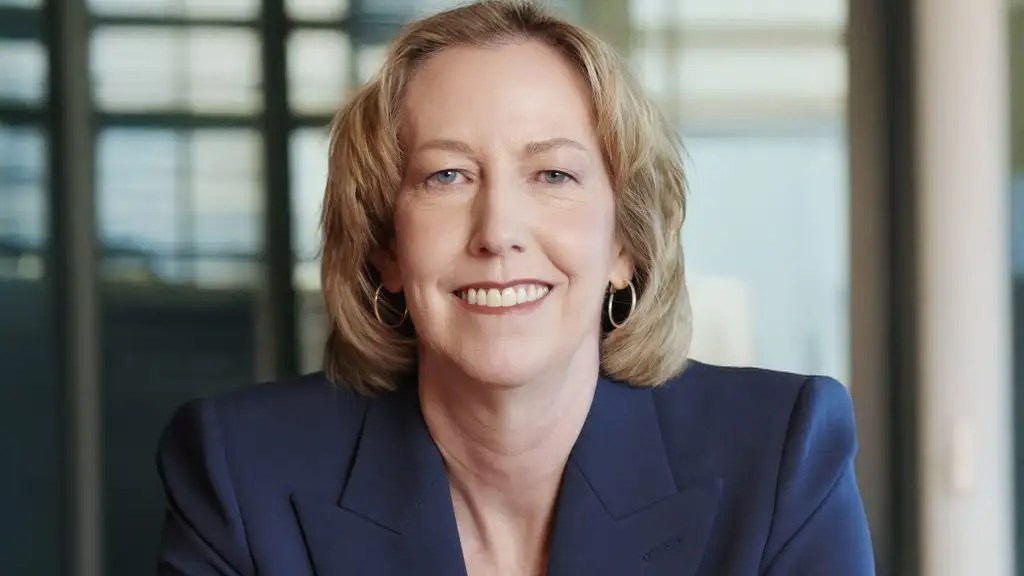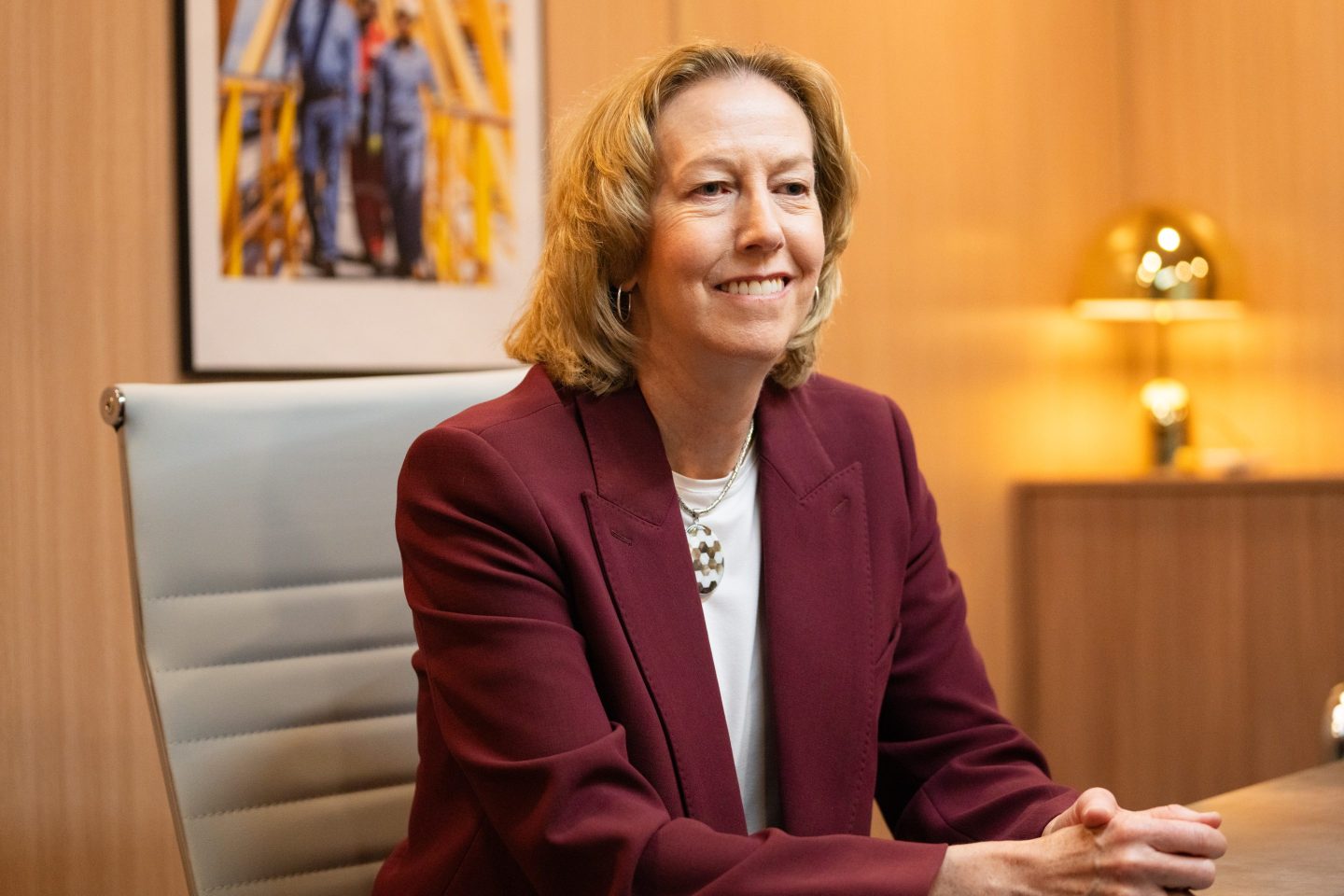Good morning,
“Since the focus is on the role of the CFO, an increasing emphasis on ESG going forward will be important. At some point, a question is, how does the increasing span of CFO responsibilities get handled by mere mortals?”
That’s a response I received from a recent CFO Daily reader survey. And it certainly came to mind this week. The U.S. Securities and Exchange Commission (SEC) voted on Monday to propose mandatory climate-risk disclosures by public companies. The public has up to 60 days to comment before the SEC can finalize the mandate.
“The proposed rules would require disclosures on Form 10-K about a company’s governance, risk management, and strategy with respect to climate-related risks,” Gary Gensler, chair of the SEC, said in a statement on Monday. So, if a company publicly announces it plans to reduce carbon emissions, targets and commitments as well as a plan of execution would be required.
The rules would also require a company to disclose “certain disaggregated climate-related financial statement metrics that are mainly derived from existing financial statement line items,” according to the statement.
What does this mean for CFOs? For clarification, I had a chat with Jill Klindt, SVP and CFO at Workiva (NYSE: WK), a SaaS company. I first spoke with Klindt last year after the company added an ESG solution on its platform to automate a collection of data. When Workiva was founded in 2008, it began as a SEC reporting company.
“The SEC is asking you to put some numbers behind what you’re doing rather than just making fluffy or vague statements,” Klindt says. That means including the amount of capital expenditure or investment. “What’s the financial impact of what you’re saying you’re going to do?” she says. “I think that they want to make it clear how companies are getting to their goals over time.” For example, the SEC would be able to determine if a company is purchasing carbon offsets and buying its way into compliance, Klindt says.
As part of the SEC’s proposal, “you’re definitely going to need to report your Scope 1 and Scope 2 greenhouse gas emissions,” Klindt says. These are defined as emissions that “result directly or indirectly from facilities owned or activities controlled by a registrant,” Gensler said in his statement.
Meanwhile, some companies may need to include more information about Scope 3 emissions, she says. These are emissions aren’t produced directly from the reporting company but from the activities of its value chain.
Find out what you need to measure
I shared with Klindt the CFO Daily reader’s comment on finance chiefs now having to tackle ESG reporting.
“There’s some companies that are very advanced and are already putting out ESG reports that have some level of assurance behind the data from an external firm,” Klindt explains. “And it sounds like what that person is asking is, where do I start? The first step is really figuring out what you need to measure.”
That begins with measuring the carbon emissions of your business across the value chain and determining your biggest challenges, she says. It depends on the company and industry. But an example is waste and emissions coming from your offices, she says.
Workiva did an assessment and looked at risk factors. The company’s offices, employee commutes, and vendors were “a big piece of what adds into our total carbon picture,” Klindt says. Workiva pinpointed the office it needed to control, determined what it would measure and began taking “baby steps,” she says.
“We’ll get rid of all disposable cups in our Ames location, things as small as that to reduce waste,” Klindt explains. “We started to get a baseline for commute times from our employees and started to figure out how to track travel carbon emissions.” The company also completed an “energy audit for our headquarters,” Klindt says. Workiva manages its own data using the ESG software solution that it offers to clients, she says.
I asked Klindt how her thoughts on CFOs being front and center in ESG reporting. “I do think that it is the next step in the evolving role,” she told me. And it seems CFOs can continue to be human by letting technology assist.
Let me know your thoughts.
See you tomorrow.
Sheryl Estrada
sheryl.estrada@fortune.com
Big deal
A new report by Navex highlights that ESG measures remain a strong and growing priority for businesses in 2022. Almost half (48%) of respondents said they expect an increase in ESG spending at their organization, the report found. About 55% of U.S. respondents said their company plans to increase spending on ESG factors this year. U.K. respondents (51%) weren’t far behind, followed by Germany (42%) and France (40%). The findings are based on a global survey of 1,250 managers and senior executives.

Going deeper
Most companies have large finance budget increases planned for 2022, according to a recent survey released by Prophix and CFO Dive. Overall, 90% of the companies surveyed have automated less than 75% of their FP&A processes. However, 18% of companies with annual revenues of $1 billion or more have automated more than 75% of their FP&A, the survey found. CFOs are investing in cybersecurity, performance management, automation and business intelligence tools. But there's a lack skilled finance workers to deploy the new technology. About 86% of respondents agreed the skill sets of finance professionals need to evolve to include continuous planning and forecasting. "As CFOs adopt CPM software, their first step should be to streamline their repetitive finance and accounting processes and automate manual spreadsheet-reliant tasks," according to the report. The findings are based on a survey of 205 CFOs and senior finance executives.
Leaderboard
Regina Buckley was named chief financial and strategy officer at Hearst Magazines. Buckley will oversee the financial and strategic planning processes across the business. Buckley joins Hearst Magazines from the Guardian News & Media LLC, where she served as president of the North American division for the past two years. Previously, she was CFO and COO for the division, a position she held since 2018. Prior to joining the Guardian, she held several senior level roles at Time Inc., including general manager of the lifestyle group and senior vice president of digital operations and digital business development. During her time there, she also served as the senior vice president, finance and general manager for the style and entertainment group and chief of staff to the CEO.
Eric J. Martin was named CFO at United Fire Group, Inc. (Nasdaq: UFCS), effective April 18. Martin was most recently the head of enterprise transformation at Transamerica. He also held numerous other positions at Transamerica including: COO, Individual Solutions and Retail Affiliates; SVP, controller and head of finance; president, Transamerica Business Services; SVP, chief accounting officer; SVP, director of finance; VP and controller; and corporate division controller.
Overheard
"Ukrainian forces are courageously risking their lives facing the Russian ground and air assault head-on. We should demand U.S. bank compliance officers, safe in their offices, thousands of miles from Kyiv, Kharkiv, and Odesa confront the Russians too."
—Vijay Dewan, the head of litigation at Yieldstreet and a former federal prosecutor, writes in a Fortune opinion piece that U.S. banks must work together to fight money laundering by Russian President Vladimir Putin.
This is the web version of CFO Daily, a newsletter on the trends and individuals shaping corporate finance. Sign up to get it delivered free to your inbox.












